Thousands of people in US territory of Puerto Rico protest electricity bills, blackouts
Thousands of people in the US unincorporated territory of Puerto Rico have taken to the streets to protest against electricity bills and persisting blackouts.
Angry demonstrators filled the streets in the Caribbean island, demanding Governor Pedro Pierluisi to end a contract with the Luma Energy, which generated increases in electricity bills and blackouts.
The protest rally came just a day after Pierluisi vetoed a bill that proposed setting a maximum rate of US$2 cents per kilowatt hour.
Protesters carried banners with messages expressing their rejection of the power distribution and transmission company during their march, which began near La Fortaleza, the official residence of the governor of Puerto Rico.
Several mayors and opposition legislators from Popular Democratic Party and the Puerto Rican Independence Party participated in the rally.
People in Puerto Rico are taking the streets AGAIN (see 📌), to protest against the company the US govt imposed over Puerto Rico to privatize electricity. Not only have power outages increased significantly, but customers have seen 7 price hikes since 2021 pic.twitter.com/yDmyTcOnDB
— devilette (@deviIette) July 20, 2022
Last year, the private company Luma took over the transmission and distribution of electricity, a task that was previously carried out by the state-owned Electric Power Authority (AEE).
Since the takeover, electricity bills have increased seven times. Furthermore, there have been a range of breakdowns in substations and plants, triggering blackouts.
One of the blackouts lasted several days and affected the entire island in April. The power outage, which left 1.5 million customers without electricity, began after a fire erupted at one of the island's four main power plants.
On Tuesday, Pierluisi vetoed a bill that proposed slashing AEE’s debt by 75 percent and setting a maximum rate of US$2 cents per kilowatt hour as conditions for debt restructuring reached US$9 billion.
A series of strong earthquakes in May also struck southern Puerto Rico where the Costa Sur plant is located, inflicting damage to the island’s electricity system.
Puerto Rico is a territory controlled by the United States without enjoying the riches that the government has access to. While officially called the Commonwealth of Puerto Rico, the Caribbean island has never been incorporated into the United States since its annexation, effectively remaining a modern day colony.
The citizens of Puerto Rico have no say in the US government and are not allowed to vote. On the other hand, they are subject to US federal laws which they have no role in determining.
The nation has long struggled with poverty as well. In 2019, over 43 percent of Puerto Rico's 3.2 million people, and 57 percent of all children live in poverty. And that was before the Covid-19 pandemic struck.
In recent weeks, the forefront of political debates was devoted to discuss consequences of Puerto Rico’s status, with a clash in opinions on whether the territory should become a US state, independent, or fall under a free association agreement, as the current status of the territory limits the island’s full political, economic, and social development.
On Friday, US lawmakers proposed a direct electoral vote, through a bill, to determine the Caribbean island’s status. The draft was announced back in May by the House majority leader, Steny Hoyer, Puerto Rico’s resident commissioner, Jenniffer González-Colon, and Representative Nydia Velázquez.
“The people of Puerto Rico must be the protagonists of their process, it can’t be prewritten by someone else. If we’re going to keep the same subordinate political and economic structures, we’re not really changing anything,” said Javier Smith, special projects coordinator at Vamos Puerto Rico, a community organizing group.
US officials warn of challenges posed by Iranian drones
'We warned repeatedly about the limit to our patience': Hezbollah leader
IRGC announces 'blinding' US, Israel's eye in region; vows harsher retaliation coming
Iraqi resistance leader urges Americans to ‘reclaim’ country from Israeli ‘puppet Trump
Iran blasts US-Israeli use of autonomous killer systems against civilians as 'war crime'
US-Israeli aggression left Tehran with no choice but to defend Itself: President Pezeshkian
Iran urges immediate intl. action against US attacks on schools
Iraq won’t allow terror groups to cross border into Iran: Security official


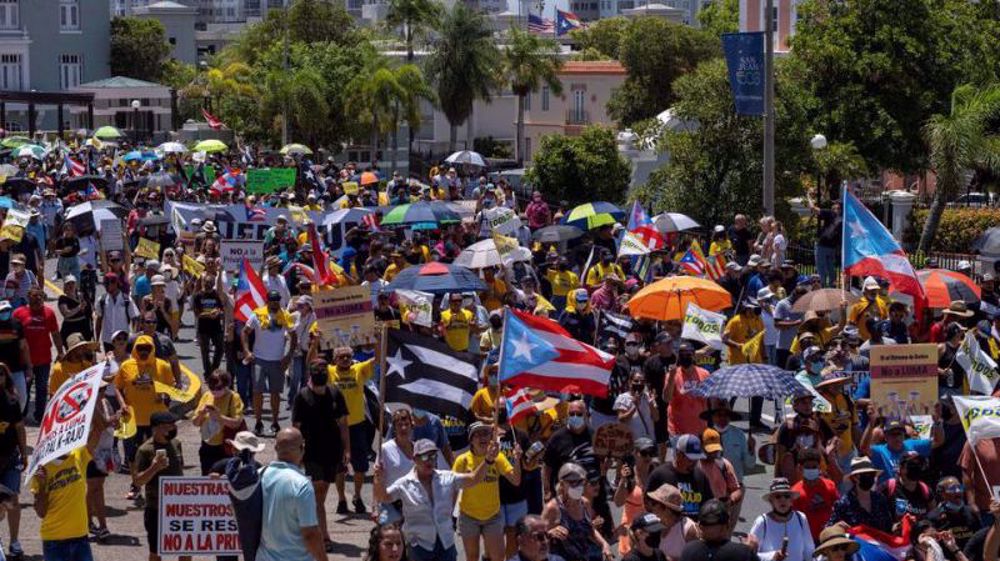
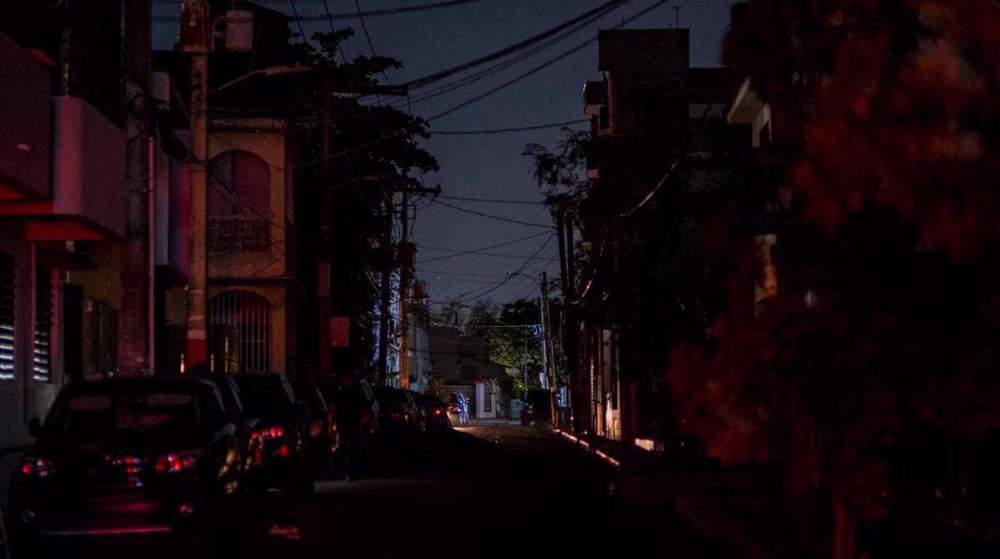
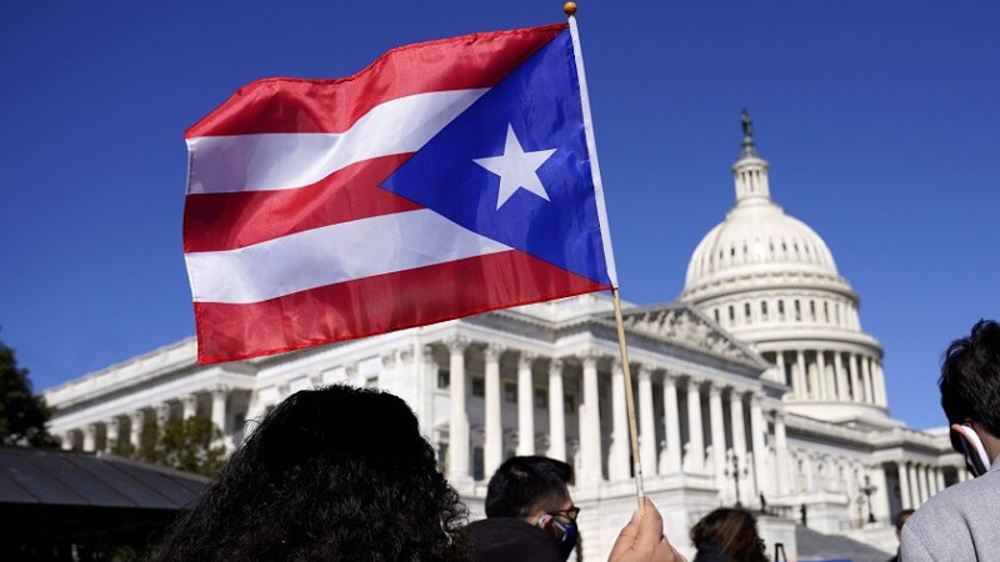
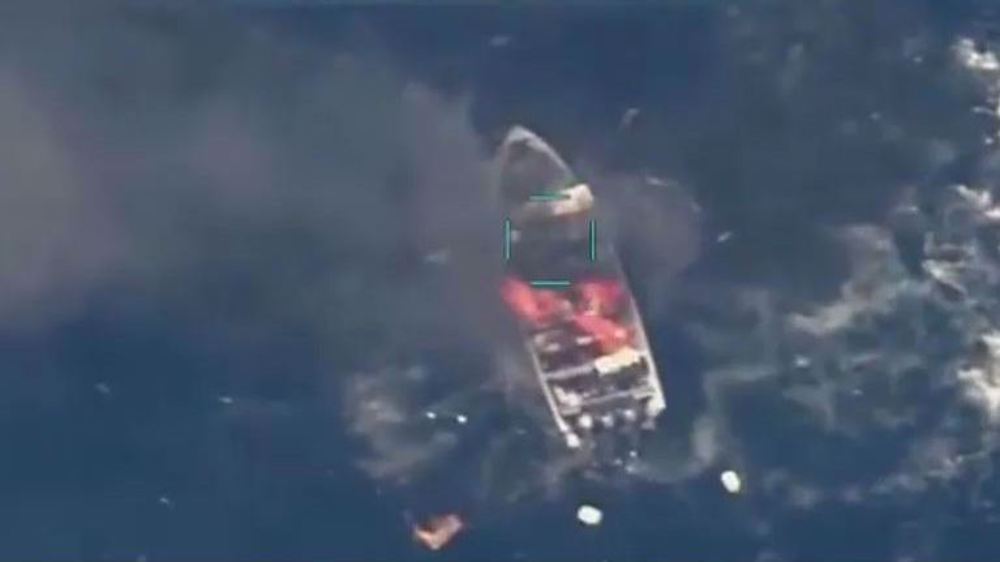
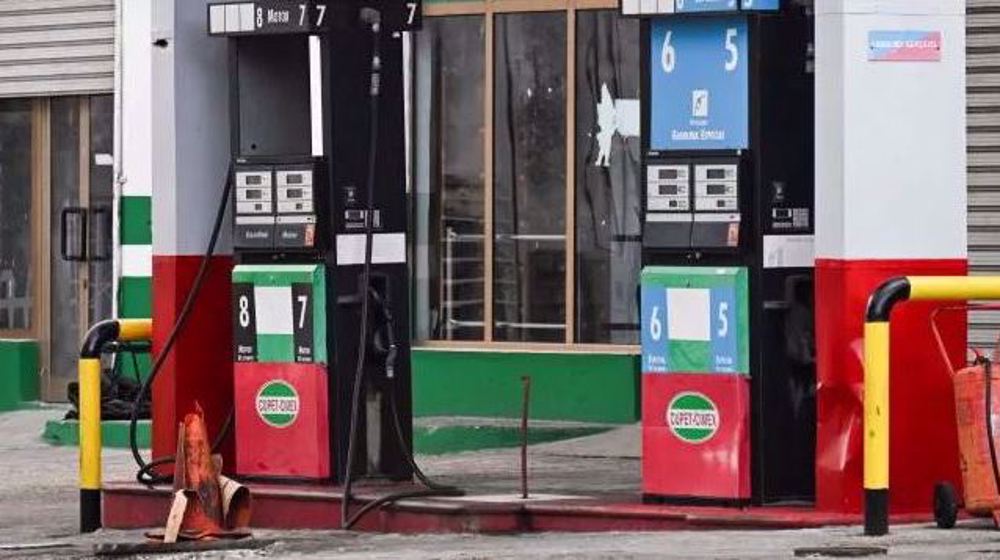
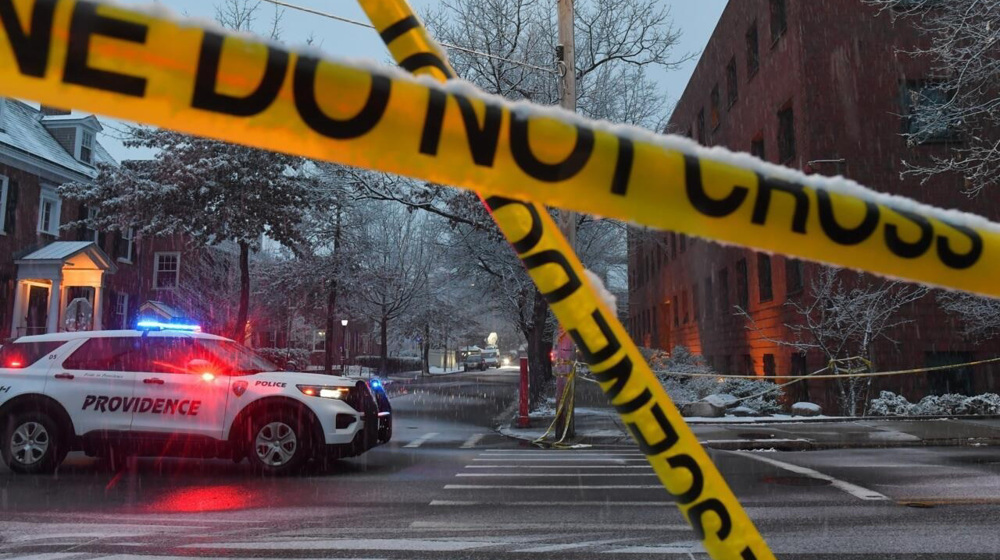




 This makes it easy to access the Press TV website
This makes it easy to access the Press TV website